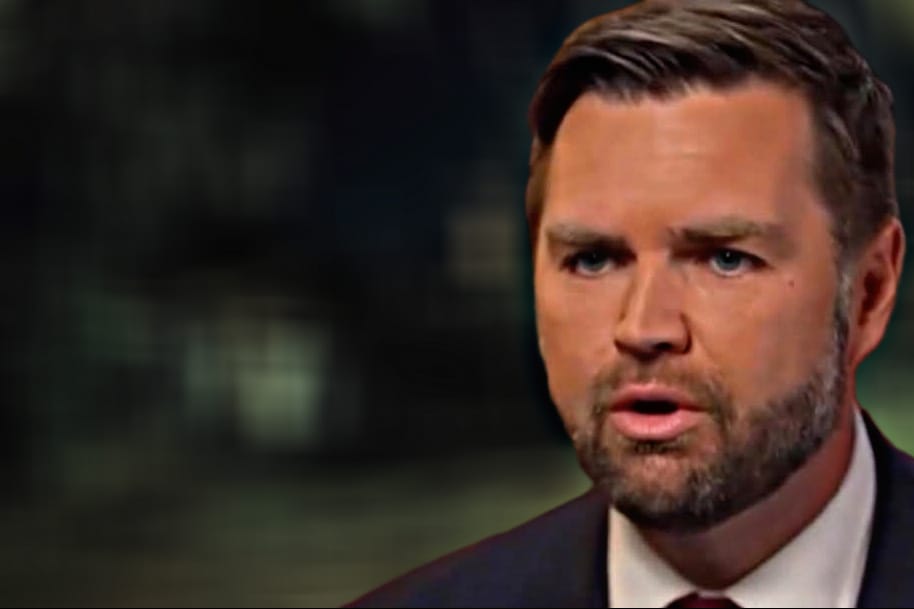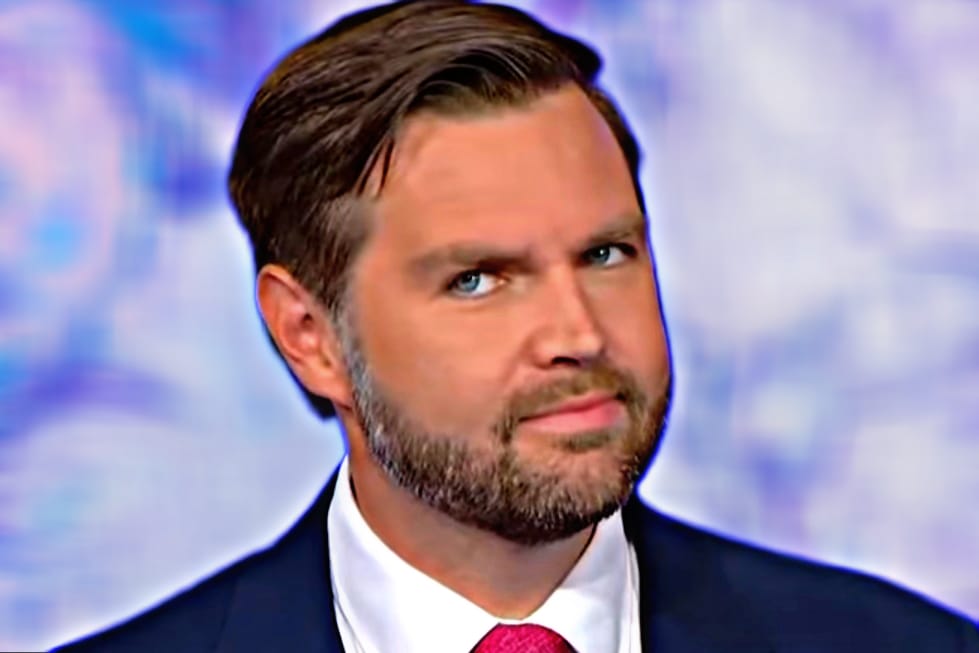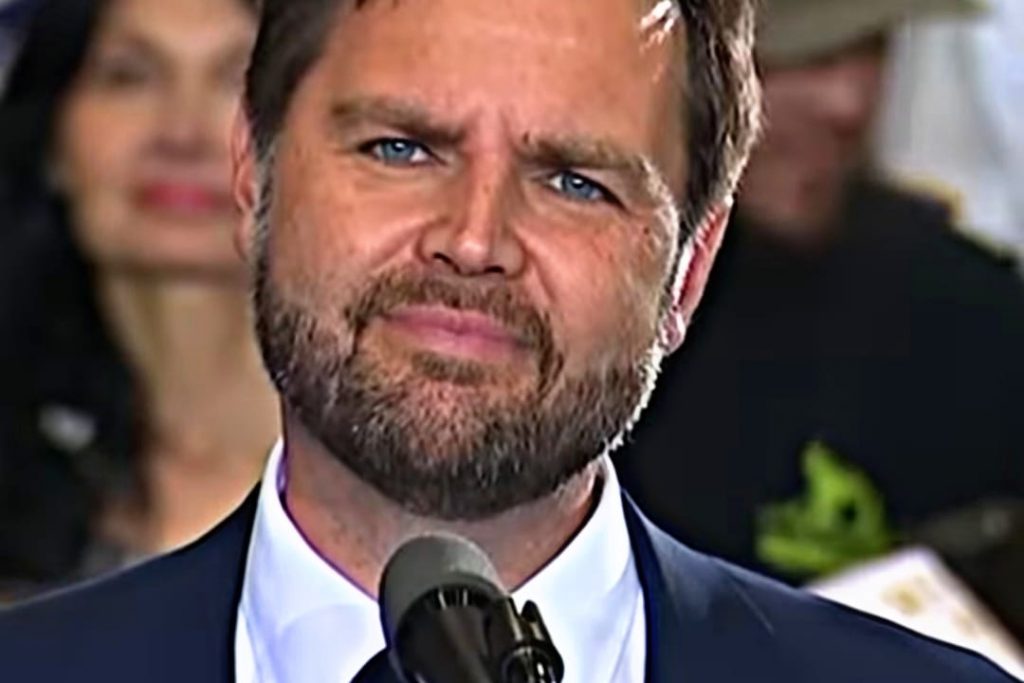JD Vance is a name that has become increasingly well-known in American politics, especially after his rise to political prominence in recent years. His journey from a young man growing up in rural Ohio to becoming a U.S. Senator from Ohio has been marked by a compelling story of ambition, adversity, and success. As a writer, political commentator, and now a Republican politician, JD Vance has captured the attention of millions. But his path to the Senate was not linear— it was shaped by his personal experiences, his best-selling memoir, and his political views on issues like economic inequality, working-class struggles, and the future of America.
In this article, we will explore JD Vance’s background, his journey to national fame through his book Hillbilly Elegy, his political career, and the impact he has had on contemporary American politics. We will also analyze the challenges he has faced and discuss his future prospects in the political landscape.
Who is JD Vance?
JD Vance (James David Vance) is an American author, venture capitalist, and politician. Born on August 2, 1984, in Middletown, Ohio, Vance grew up in a working-class family in a region that was economically struggling. His story of overcoming hardship and rising above the challenges of his upbringing has been at the center of his public persona. Vance is best known for writing the best-selling memoir Hillbilly Elegy: A Memoir of a Family and Culture in Crisis, published in 2016. The book became a national sensation, providing an intimate and poignant look at the struggles of the white working class in post-industrial America.
Vance’s background and upbringing have profoundly shaped his views on the country’s political and social issues. His ability to articulate the issues facing rural America and his unique perspective on poverty, family, and identity made him an influential voice in national conversations about American politics.
In 2022, Vance made the leap from author and political commentator to U.S. Senator for Ohio, succeeding Rob Portman. His political views align with conservative principles, particularly focusing on nationalism, economic populism, and cultural conservatism. Vance’s candidacy was supported by the Republican Party, and he was backed by major figures such as Donald Trump.
Early Life and Background

JD Vance’s early life was far from easy. Born into a family that struggled with poverty and instability, Vance faced challenges from an early age. His mother battled drug addiction, and his stepfather was abusive. Vance’s childhood was marked by instability, moving between homes and experiencing the difficulties of a broken family.
JD Vance grew up in the small industrial town of Middletown, located in southern Ohio. In his memoir Hillbilly Elegy, Vance describes the town as one that was once thriving due to the steel industry but had fallen on hard times as industries closed down and jobs were lost. The economic decline of Middletown mirrored the struggles of many small towns across America. Vance’s personal experiences of poverty, family turmoil, and rural life led him to reflect on the broader cultural and economic issues facing communities like his own.
Despite the hardships he faced, JD Vance excelled academically. He attended Ohio State University, where he earned a degree in Political Science, before going on to study law at Yale Law School. His time at Yale was transformative, exposing him to a world of intellectuals and elites that contrasted sharply with his upbringing. It was during his time at Yale that Vance began to grapple with his identity, struggling to reconcile his roots with the more cosmopolitan world he was now a part of.
The Success of Hillbilly Elegy
JD Vance memoir Hillbilly Elegy was published in 2016 and quickly became a bestseller, making Vance a prominent figure in American political discourse. The book explores JD Vance upbringing in Ohio, offering an in-depth analysis of the cultural and economic forces shaping the lives of working-class white Americans in post-industrial towns. Vance uses his personal story as a lens through which to examine the broader struggles of America’s Rust Belt and Appalachian regions.
The memoir’s success can be attributed to JD Vance honest portrayal of his family’s dysfunction and the hardships they endured, coupled with his reflections on the larger societal issues that affected their lives. Hillbilly Elegy explores themes such as poverty, addiction, family loyalty, and the erosion of traditional values in working-class America. JD Vance argues that many of the problems facing his community stemmed not only from economic decline but also from cultural issues, including a lack of upward mobility, personal responsibility, and social support systems.
Hillbilly Elegy was praised for its frankness and vulnerability, but it also sparked controversy. Critics, particularly from the left, accused JD Vance of oversimplifying the causes of working-class struggles and placing too much blame on the cultural failures of the working poor. However, the book’s success made Vance a sought-after political commentator and speaker, and his views on the issues it raised gained national attention.
In addition to the success of the book, Hillbilly Elegy was adapted into a Netflix film in 2020, directed by Ron Howard, starring Glenn Close and Amy Adams. The film received mixed reviews but brought Vance’s story to an even wider audience.
Political Career and Views

JD Vance political views have evolved over time, and his entry into politics was heavily influenced by his experiences growing up in a post-industrial America. Although he has said he was originally politically indifferent, his experiences at Yale and his frustration with the political establishment led him to become more involved in public life.
JD Vance political ideology is shaped by his belief in economic populism, nationalism, and a rejection of the elitism that he believes dominates both political parties in Washington. His rise to fame as a political figure can largely be traced to his stance on the issues facing rural and working-class America. In his writings and speeches, JD Vance has often criticized the political elite for being disconnected from the real struggles of ordinary Americans.
Economic Populism and Nationalism
One of the central pillars of JD Vance political platform is economic populism. Vance has repeatedly criticized the free-market policies that have contributed to the outsourcing of jobs and the decline of manufacturing in America. He is particularly vocal about the loss of jobs in Ohio and other Rust Belt states, which he argues have left communities in disarray.
JD Vance advocates for policies that he believes will bring jobs back to these areas, including trade protectionism, tax reform, and investment in local economies. He has expressed support for President Donald Trump’s policies on trade, particularly the imposition of tariffs on China and other countries that he views as unfair competitors.
At the same time, JD Vance is critical of the political and cultural elites in Washington, D.C. He believes that many of the problems facing working-class Americans are the result of policies crafted by politicians who are out of touch with the needs of ordinary citizens. Vance’s populist message resonates with many voters who feel abandoned by the political establishment and left behind by economic globalization.
Cultural Conservatism

JD Vance views on culture are deeply influenced by his experiences growing up in a struggling community. In his book and public speeches, JD Vance often emphasizes the importance of family, religion, and personal responsibility. He is a staunch supporter of traditional values and believes that the erosion of these values has contributed to many of the social problems facing the working class today.
JD Vance has been a vocal critic of welfare dependency, arguing that many social programs have created a cycle of poverty that is difficult to break. He is also a proponent of school choice, believing that families should have the ability to choose the best educational opportunities for their children, particularly in underserved communities.
Senate Candidacy and Election
In 2021, JD Vance announced his candidacy for the U.S. Senate seat in Ohio, a race that would be crucial for the future direction of the Republican Party. His decision to run was met with both excitement and skepticism, as some believed he had not spent enough time building relationships in the state. However, Vance’s political appeal grew as he emphasized his outsider status and commitment to fighting for the forgotten men and women of Ohio.
JD Vance candidacy was endorsed by Donald Trump, who praised him for his outsider status and his message of economic populism. Vance’s alignment with Trump’s brand of nationalist conservatism helped him win the support of many Republican voters, particularly those in the Rust Belt and rural areas who felt that traditional Republican politics had failed them.
In 2022, JD Vance won the Republican primary for Ohio’s Senate seat, defeating a crowded field of candidates. His victory was a testament to the strength of his populist message, which resonated with voters who were dissatisfied with the status quo in Washington. Vance’s win marked a significant moment in his political career, positioning him as one of the rising stars in the Republican Party.
JD Vance’s Impact on American Politics
JD Vance’s political rise represents a shift in the Republican Party towards more nationalist and populist ideals, focusing on issues that directly impact working-class voters. His platform stands in stark contrast to traditional conservative positions, especially in terms of economic policies and social issues.
JD Vance candidacy is part of a larger trend in American politics where political outsiders and non-traditional candidates are increasingly gaining traction, particularly in the wake of Donald Trump’s successful presidential campaign. JD Vance ability to tap into the frustrations of working-class Americans and his unique ability to speak to the heart of the nation’s cultural and economic divides have made him a key figure in the future of American politics.
Conclusion
JD Vance’s story is one of resilience, ambition, and the pursuit of a better future. From his challenging upbringing in rural Ohio to his rise as a political force in American politics, Vance has proven to be a significant figure in both the world of writing and public service. His views on economic populism, nationalism, and cultural conservatism continue to shape his political career, and his influence in the Republican Party is only set to grow.
As JD Vance political career continues to evolve, it will be fascinating to see how his unique background, voice, and ideas continue to influence the future of American politics. Whether as a U.S. Senator or a prominent political figure, JD Vance is poised to have a lasting impact on the American political landscape.

